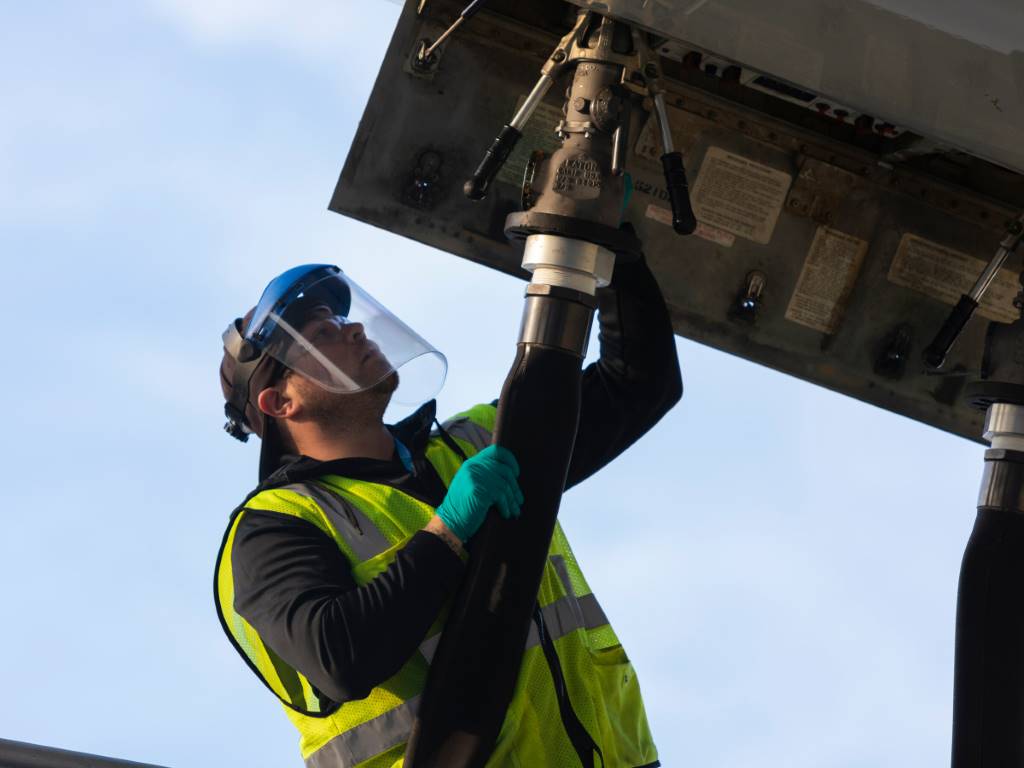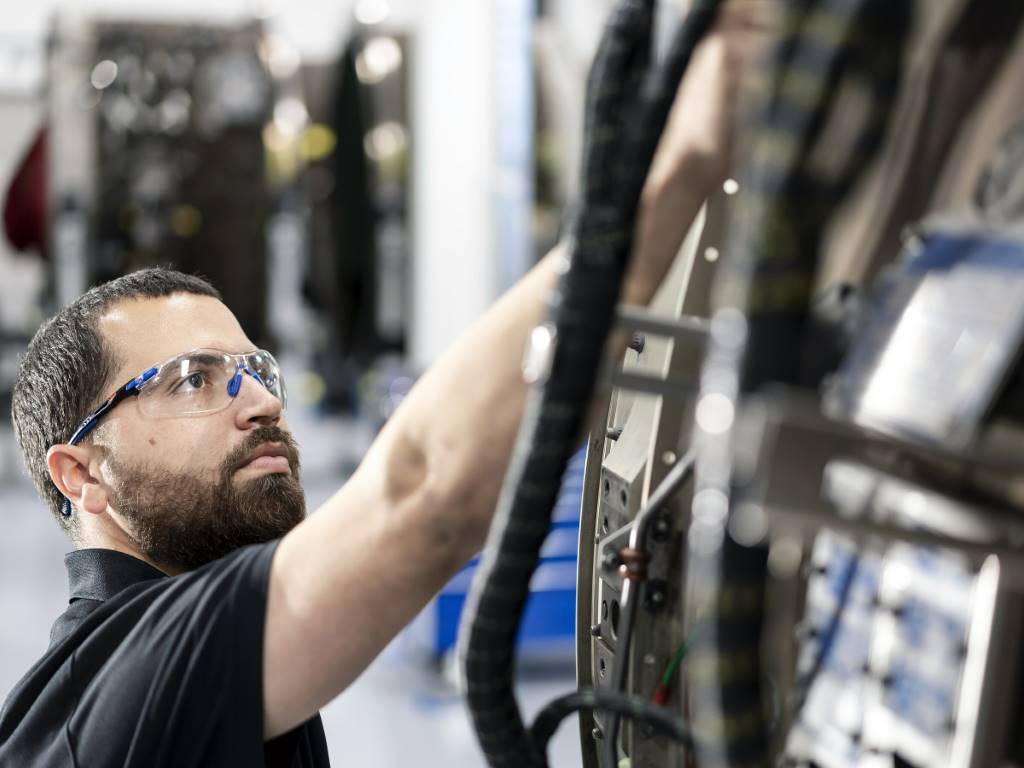Editor's comment: Slave to the algorithm

Our industry always needs problem-solvers for when the OEMs don’t have all the answers. And whilst it’s great to be asked for your help, the nature of work often involves some phenomenally complex solutions.
Our industry always needs problem-solvers for when the OEMs don’t have all the answers. And whilst it’s great to be asked for your help, the nature of work often involves some phenomenally complex solutions.
The problem-solving abilities of every aerospace manufacturing company have become vital in not only winning short-term work, but also critical in influencing how it moves its operational strategy forward. This can result in long-term work in the form of volume production contracts, which in turn requires automation.
What has caught my attention are the latest developments in adaptive machining. With minimal human intervention, a typical closed-loop, adaptive machining cell can incorporate CNC machining centres and equipment like coordinate measuring machines linked together with pick and place robot arms. Whilst ‘Industry 4.0’ is, to me at least – still a fluffy, nebulous term, it would appear that this kind of automation is firmly in the ‘here and now’.
However, it makes me wonder what it all means for employment in the UK manufacturing sector. As usual, the rise of automation often increases the clamour to protect us from robots taking over jobs. As Industry 4.0 takes hold, the challenge for UK manufacturing will be in how its protagonists redeploy their workforces as they increase their automation - and leverage on the value of better data acquisition too. It means retraining people with the kinds of skillsets needed to get the most out of digital manufacturing.
Machine tool operators will require ‘digital-ready’ skills to interact with robotics and programming, whilst those operators with lower skillsets will only be employed to ensure the cell is fed with raw material. What effect will adaptive machining have on the shopfloors of tomorrow, and will it breed social ‘classes’ of intelligent and not-so-intelligent people who only exist to feed the machines?
Mike Richardson, editor













